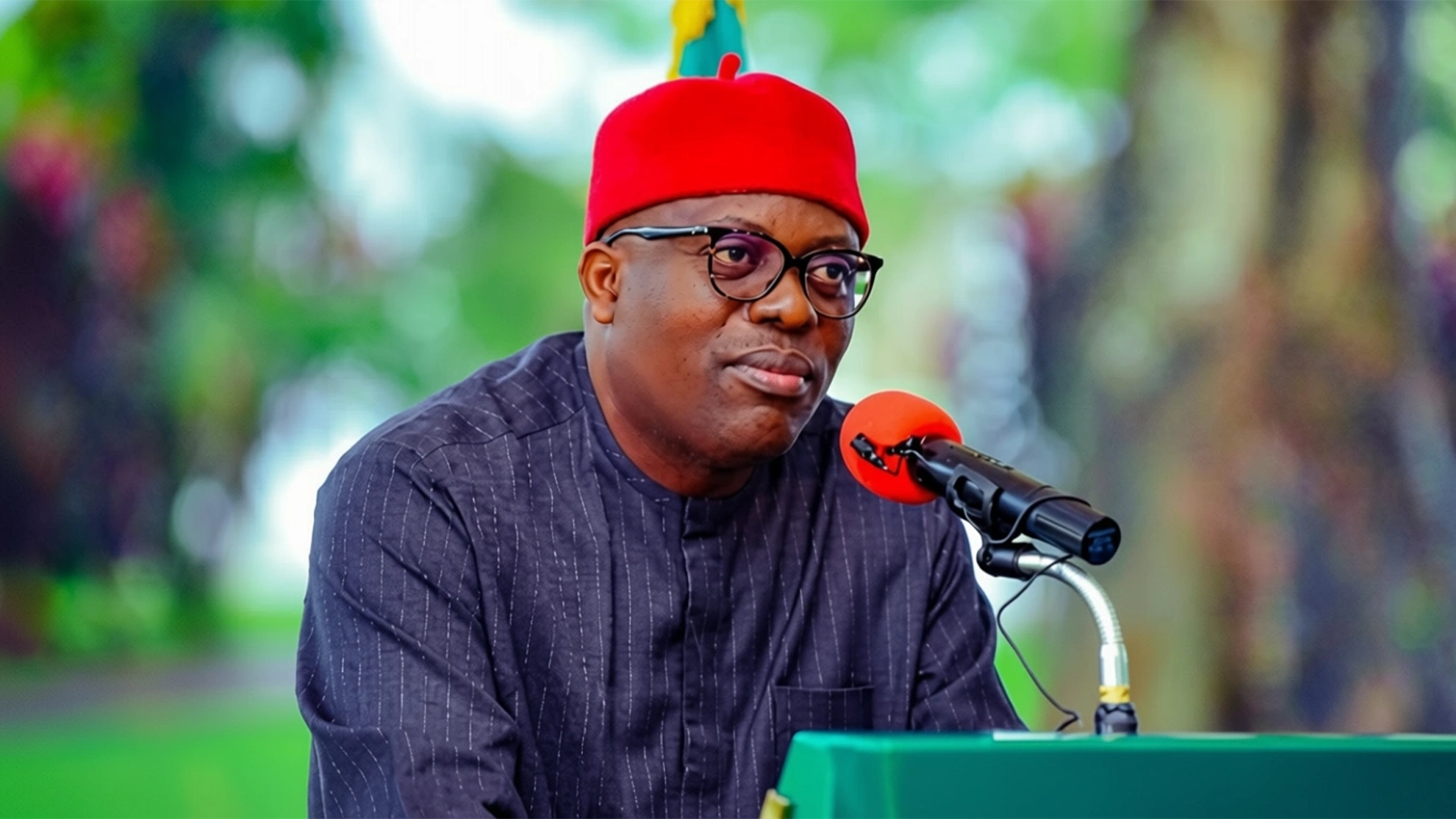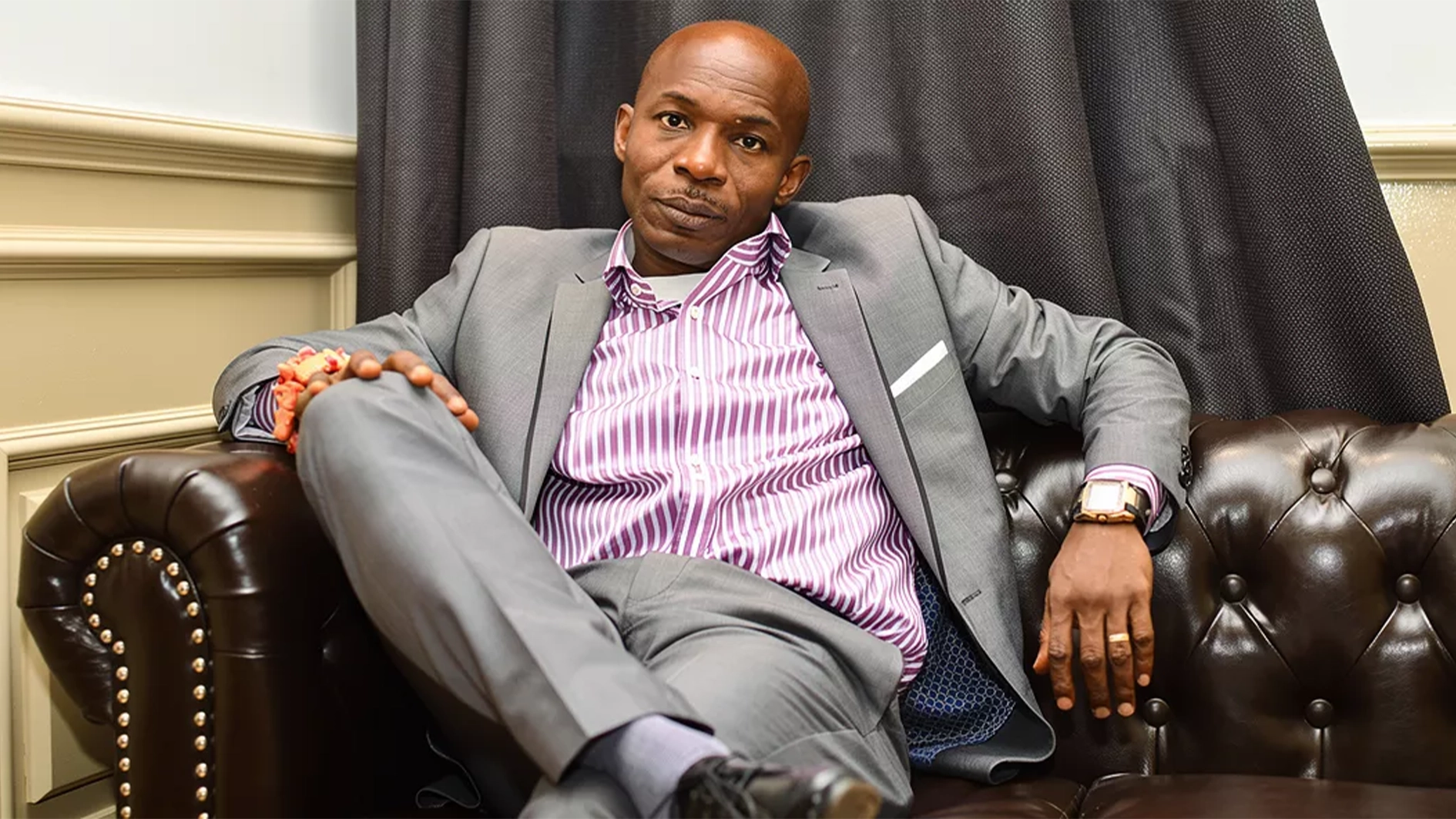Constitutional lawyer and Senior Advocate of Nigeria (SAN), Mike Ozekhome, has described Nigeria’s 1999 Constitution as a “curse” that continues to hinder national development, security, and economic progress.
Speaking on Channels Television, Ozekhome argued that no amount of amendment can fix the structural and foundational defects of the current constitution, insisting that only a brand-new people-driven constitution can rescue Nigeria from its deepening political and socioeconomic challenges.
“You can’t amend a bad document,” Ozekhome said. “A document that is already afflicted with an ailment cannot be patched. The current Constitution is a curse to Nigerian development.”
He criticised the 1999 Constitution for promoting a heavily centralised unitary system of governance rather than true federalism. According to him, the over-concentration of powers in Abuja has stifled regional growth and turned federating units into mere administrative centres that depend on monthly allocations.
“No state is producing. Every state is relying on Abuja. That’s why everybody is killing themselves to get to the centre,” he said.
Ozekhome called for a return to a truly federal structure similar to Nigeria’s pre-1966 arrangement when regions had more autonomy and managed their resources independently.
“The people must be allowed to control their own resources,” he said, referencing the achievements of past regional leaders like Obafemi Awolowo, Ahmadu Bello, Michael Okpara, and Dennis Osadebay, who he said were able to develop their regions because of the autonomy they had.
“Awolowo was able to build Cocoa House in Ibadan, provide free education at all levels, and establish Africa’s first television station. Ahmadu Bello created the Northern Nigerian Development Corporation. These were possible because the regions had control,” Ozekhome explained.
He proposed a switch to a parliamentary system of government, calling it less expensive and more efficient than the current presidential system.
“A parliamentary system is inexpensive to run. It brings more money to the table, it creates jobs, and most importantly, it helps security,” he said. “Once people control their local security and resources, insecurity will vanish. It’s not rocket science.”
Ozekhome dismissed the notion that constitutional amendments can resolve Nigeria’s current woes, arguing that the structure is fundamentally flawed.
“Amending the current Constitution one million times cannot solve the problem,” he said. “It was imposed on us by a military government. We need a people’s constitution that truly reflects our wishes, not something that claims, falsely, that ‘we the people’ gave it to ourselves.”
He likened the current calls for piecemeal reforms to someone patching cracks on the walls of a collapsing building without addressing the root foundation. “If your building is cracking, you don’t invite someone to patch the cracks. You tear it down and build afresh,” he said.
On whether a new constitution can tackle real-time problems like food insecurity, poverty and killings, Ozekhome answered in the affirmative. “Yes, it will. Once power is devolved, people will feel responsible and empowered to manage their affairs. That translates into development.”
He said a decentralised structure would enable regions to legislate independently, attract investments, develop infrastructure, and maintain local policing mechanisms that are culturally responsive and accountable.
Ozekhome also called out the resistance from central political powers who oppose restructuring for fear of losing control.
“They will say, ‘No restructuring, no local government autonomy’ because the power rests at the centre. This greed for central power is killing the country,” he said.
According to him, a restructured Nigeria with regional governments operating under their own constitutions would still maintain unity at the centre through equal representation in a parliamentary system.
“We’re not saying Nigeria should break up. No. We’re saying let us practise genuine federalism where the parts work and feed the centre, not where everything flows from the centre like a clogged pipe,” he said.
Ozekhome’s comments are the latest in a long-standing debate over Nigeria’s governance structure. Various stakeholders, including former presidents, civil society groups and ethnic leaders, have called for a fundamental overhaul of the Constitution, especially as Nigeria continues to battle with widespread insecurity, economic hardship, and political disenchantment.
He concluded by urging the current administration to take the bold step and convene a national conference that will produce a new constitution anchored on the will of the people.
“It is time for a brand-new constitution. The people must sit, talk, agree, and draft their own document. That is the only way forward,” Ozekhome said.






